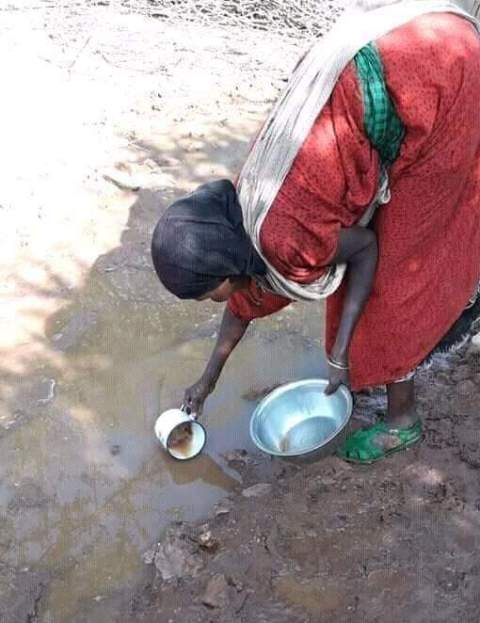
The last several decades have been very difficult for the country of Somalia. After a military coup in 1969 and a subsequent civil war in 1991, the country has been plagued by famine and civil disorder. Due to these conflicts, Somalia is the world’s third-largest source of refugees, behind only Iraq and Afghanistan. Healthcare has suffered greatly. However, there are several organizations that are working the improve healthcare in Somalia. The crises in Somalia have also led to significant disparities in health for Somali citizens. Diseases such as hepatitis, typhoid fever and malaria pose significant health risks. Only one in three Somali citizens has access to a safe source of drinking water. In 2015, only 46 percent of the country was vaccinated for measles. This is not for lack of trying by the international community. In 1992, the International Committee of the Red Cross spent one-third of its budget on Somalia alone. The root cause of the problem is a lack of medical professionals in the country, many of whom fled the wars and have yet to return. About two-thirds of Somali doctors currently live abroad.
In 2015, MATTER, a global nonprofit that focuses on “eliminating barriers to a healthier life,” partnered with the Minnesota Association of People with Disabilities to supply a 60-bed hospital in Mogadishu with all the necessary equipment for a functioning hospital. The equipment was shipped in 40-foot containers that contained everything “from hospital beds to full x-ray rooms.” The hospital is expected to be able to help 200 patients on a daily basis. This may seem like a small impact on Somalia as a whole, but it makes a huge difference to the patients who previously would have gone untreated. Larger organizations are also taking steps to address the health crisis in Somalia. UNICEF started a program in Somalia called the Joint Health and Nutrition Program (JHNP). Several countries contributed more than $236 million to the program. It was scheduled to last from 2012-2016. Through the JHNP, 3.4 million Somalis now have access to nutrition services and healthcare coverage. The program also successfully opened 16 new midwifery schools and helped train more than 800 midwives to reduce maternal and infant mortality rates…





